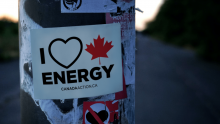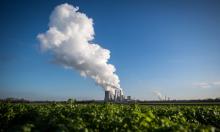SEPTEMBER 30, 2020
The views of large businesses and opponents of climate action are given outsized coverage to sway climate debate.
For nearly three decades, mainstream American news outlets duped the public on climate change by publishing significantly more news stories that denied climate science compared to those that said it was occurring, according to a recent study.





